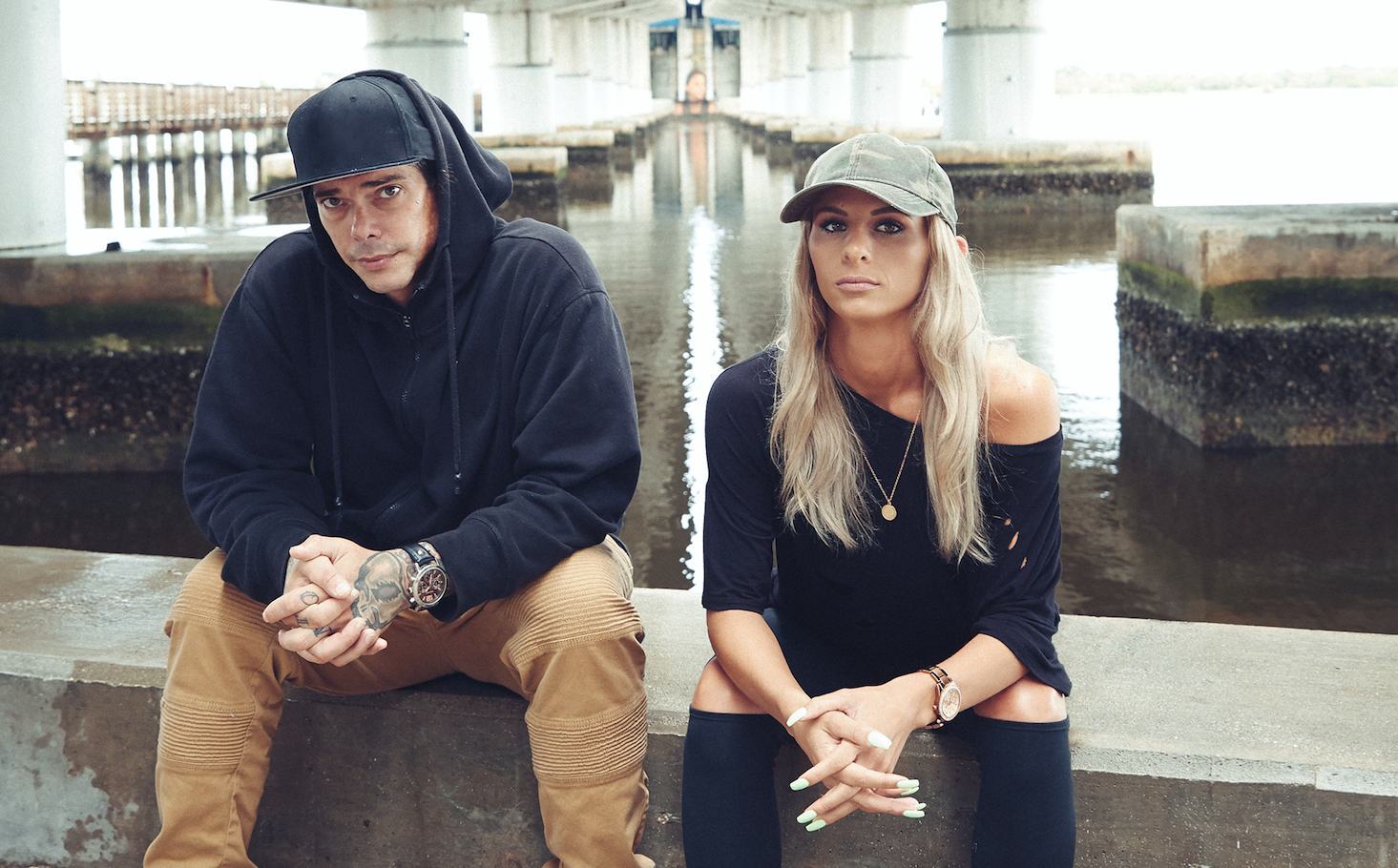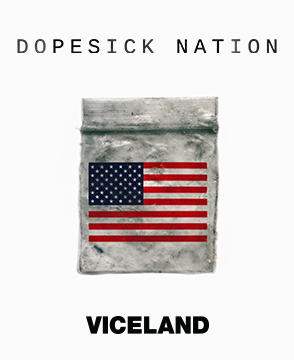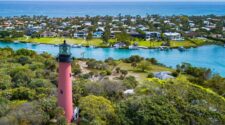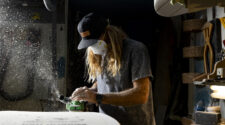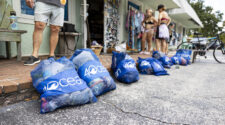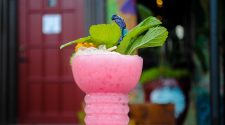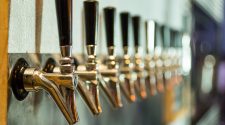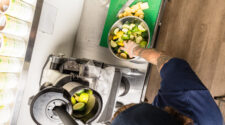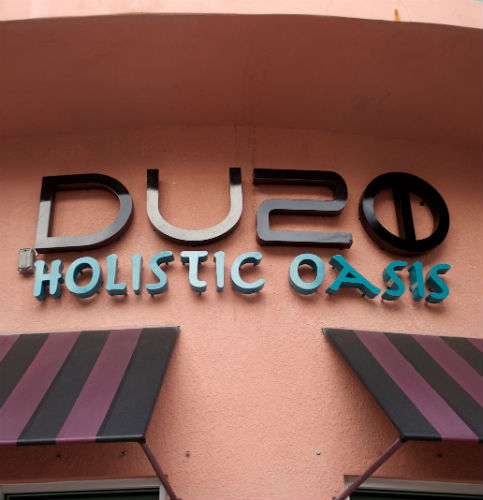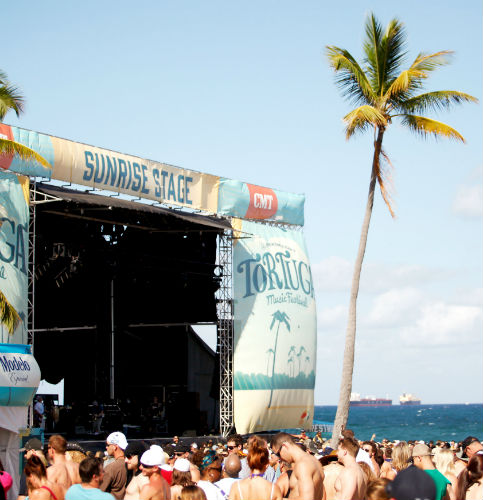Viceland Show “Dopesick Nation” Spotlights The Local Opioid Crisis
By Darien Davies
Amidst the sparkle and glamour of life in downtown Delray Beach is a heroin epidemic. Happening about a block over in any direction, the situation is both obvious and not obvious at the same time. A new documentary on Viceland, Dopesick Nation, is shedding some light on the drug scene.
Dopesick Nation is a series that takes place mostly in Delray that follows two recovering addicts, Allie and Frankie, as they try to help as many addicts as possible.
The term “dopesick” is slang for opiate withdrawal symptoms, which include insomnia, vomiting, diarrhea, night sweats, body aches and more. Most people say that the withdrawal process makes them wish they were dead because of the intensity, so instead of fully going through it, they resort to Suboxone, a medication for opioid addiction, or the cheaper and easier to get option, heroin. It’s a vicious cycle, which is why professional help is needed.
The first episode aired on September 12, 2018 and there have been a few more since. Each show features one person each who Frankie and Allie are trying to save from the drug life, but there’s never really any resolution, which is the main problem.
The overall goal is to help people who want to go into recovery by securing a scholarship to cover the cost of treatment, and the scholarships are provided by the treatment centers. While Frankie and Allie want to help everyone, they also want to make sure the person they’re helping is serious about getting clean so they don’t waste the scholarship. For Allie, hope is what keeps her going.
“Relapse rates are high, which is something a person working in this field learns quickly,” Allie said. “But seeing clients get better and adjust back into society and their families again, that is 100 percent what keeps me going every day.”
Allie believes that even though there is greater education now about the issue, and that substance abuse is decreasing, more people are dying than ever before. She feels this is due to the chemicals mixed in with the heroin, like fentanyl and carfentanyl, which not only make it more difficult for users to quit, it also increases their chances of dying each time they use.
Kelly, one of Allie’s best friends, is excited about getting sober one day, but then when she’s sick from not using, she calls Allie to ask for money to buy drugs so she can physically pick herself off the bathroom floor. Crying, Allie sends her the money.
Then there’s Tiffany, who lives with a stranger for free because she “submits herself” to him periodically, just so she can spend more of her prostitution money on heroin, which is around $200-$300 per day. She calmly states, as if it’s a fact, that the amount of drugs she does would kill most people, but for some reason it doesn’t kill her.
It’s shockingly obvious that while most addicts on the show talk about getting clean, they are married to the drug. They’re either homeless, living in tents in several parks or parking lots around Delray and Boynton, or they are squatting in a house that used to be a half-way house.
The show does a sickeningly fantastic job of showing the juxtaposition of life in Delray. Not only is it the Most Fun Small Town in America, but it’s also the “recovery capital of America.” You always hear about the heroin epidemic and how many overdoses happen on a daily basis, but you never really realize that it’s actually full-blown happening, and that it’s so close to your night out or your Sunday brunch with friends.
But even though the show highlights how low these addicts are, and how much Frankie and Allie try and give them a rare opportunity, there was only one person so far this season who actually stayed in recovery and is working toward a better life. So, maybe that’s it for Frankie and Allie. Even though it’s mentally demanding for them to keep trying to help people who often times don’t really want to be helped, they do it because even if they are able to help one person from dying, that’s one more than otherwise. Thankfully at least they’re trying.
“The success rate for me is 100 percent. Helping others always helps me and that’s the point, Allie said. “I personally am not waiting on government or handouts. It’s time to stand up as citizens and make a change ourselves. I changed my life and it’s my job to go back, reach out, and get somebody else out. That is how I believe I can make a difference.”
Dopesick Nation airs on Viceland Wednesdays at 10 p.m.
